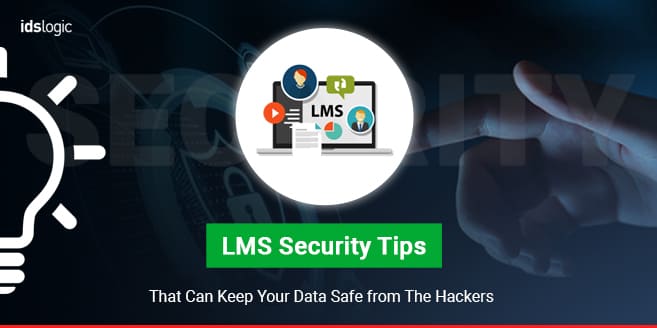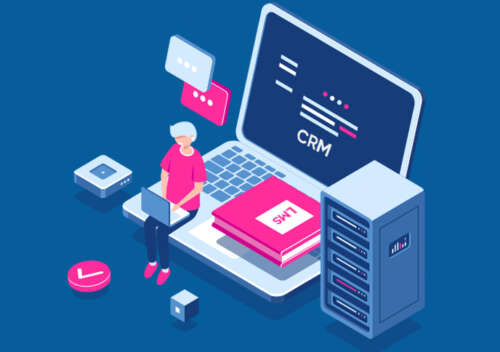Security has always been a major concern of latest technology and this is especially true when it comes to LMS. Protecting the user data and web information in your LMS should be considered seriously. Security is essential to prevent the costly regulatory penalties and incidents that are related to leaked personal information, potential security risks and confidential organizational data.
Your prospective clients, customers, vendors, partners and employees should feel assured that any private information shared or recorded is kept safe from the competitors, hackers or any other threats.
Here are some LMS security tips to keep data safe:
Defense in Depth:
The best approach to attain the highest levels of protection for your data is to implement defense in depth. This approach helps to implement multiple security mechanisms to offer layers of protection. In open source LMS platforms like Moodle, they come with 6 layers of protection. From the top layer, there is SSL that protects the data which is being sent and received from the site and followed by SSO authentication, website registration, password security, roles and permissions and backups and disaster recovery.
Use an IP Blocker:
IP blockers help to prevent unwanted IP addresses from accessing the data and the admin is able to manually add certain IP addresses to the blocked list. This ensures that the known virtual attackers cannot unlawfully view the user data or the course content via your LMS platform. But another downside of this feature is that they can always choose to use another IP address to access the site and so other preventive LMS security steps should also be considered.
Update the Software Security Protocols
Your LMS development company should update the LMS security features on a regular basis in order to stay at par with the modern threats. There are new viruses or various spamming tactics that may put your data at high risk and so the system should be updated automatically. Your LMS vendor should verify which protection protocol will be best for your package and for this you might have to pay some additional charges for advanced LMS security options.
Conduct Regular LMS Security Checkups:
Regular tests of your LMS security protocols will also make sure that everything is in working order. The checkups will help you to evaluate the password authentication and encryption feature. This should be done on a weekly or monthly basis so that any outdated data can be cleaned up to get the system back up to the essentials. These regular checkups will also help you to keep your LMS website organized so that the users can easily find the relevant content or user data.
Also Read: Why Academic Institutes Should Choose LMS to Drive Talent Development and Management
Site Registration Process
The site registration process work together with the authentication process. Authentication controls how and when the users can log in to your site, and the registration handles when and how they can sign up on the website. Moodle LMS allows the administrators to simply turn off the option in case they don’t want their users to have this ability. This will limit their access using one or more of the above authentication methods.
Data Encryption Techniques
Encryption techniques ensure that your data is safe while transmitted between the apps. Your LMS website should use the Advanced Encryption standard that allows you to transmit the information from your e-learning site to other platforms. It also allows you to easily integrate your LMS with any third party tools without worrying about compromising the data.




